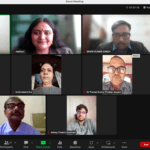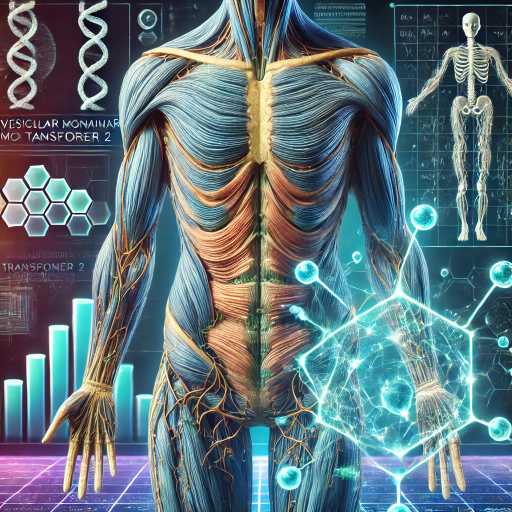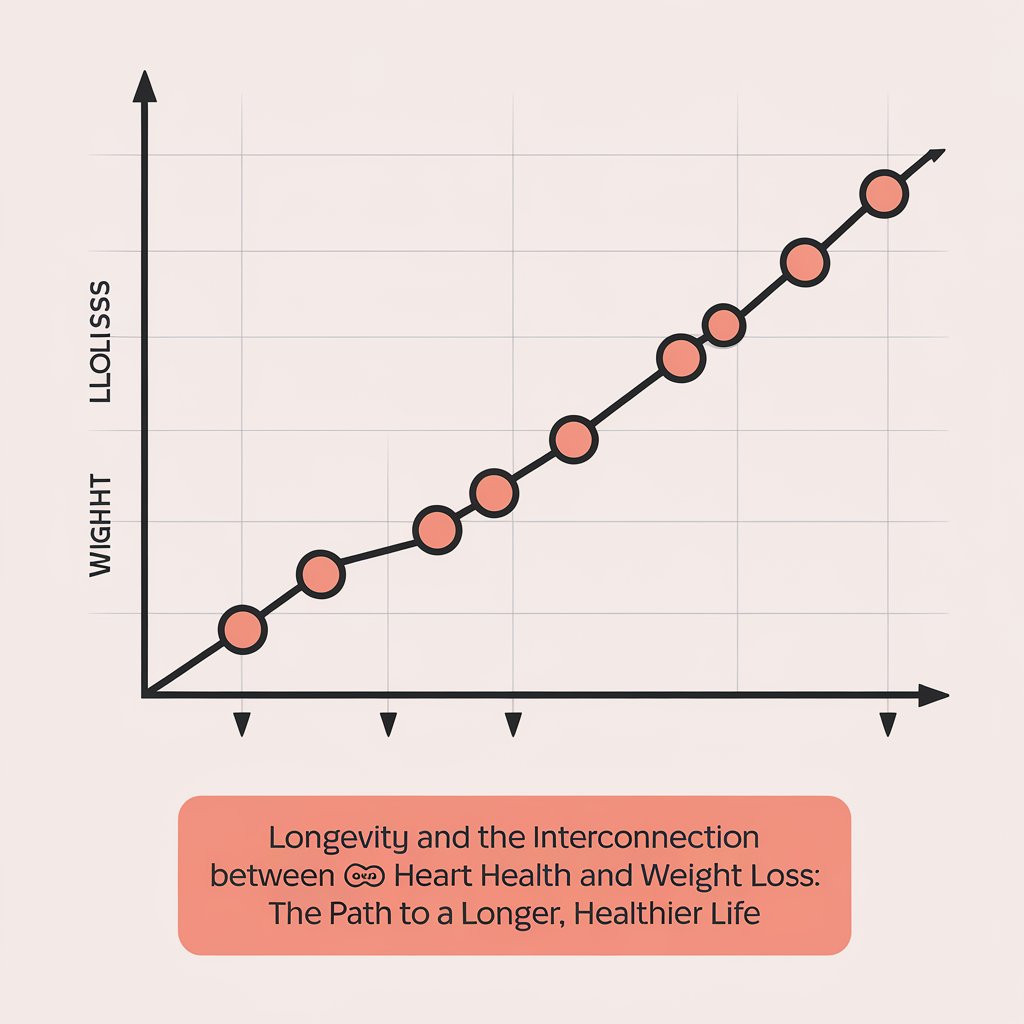We at DESC (Digital Education & Skills Council) are grateful and thankful to all the respected and esteemed speakers from The World Bank and The Govt. of India for the Global Webinar “Water Conservation and Rainwater Harvesting”, to mark the Earth Day on 22 April 23. A big thanks to all our speakers and participants for all their time, energy and effort to make this event a huge success.
The key highlights out of the webinar after lot of deliberations and discussion are –
1. Fresh Water is precious and can be optimally utilised and stored with good practices,
2. Enhanced role of Public, Private agencies and NGOs in PPP model to ensure and implement the already established norms for Rainwater harvesting and water conservation across the country,
3. The Govt of India has very advanced rules and regulations in place for water conservation and its harvesting, however the need is to follow them religiously both by authorities and by the people,
4. Development of skills required to manage and maintain the existing RWH infrastructure. A plumber is available to mend a pipeline but no skilled pers available to manage the existing RWH structures and facilities. We will try identify the Desired skills through our council and also will appeal to the Government to look into this critical requirement.
5. Water squares and parks having dual purpose of community service, recreation and water storage are already functional in China and Amsterdam, we can take leads and develop similar facilities in #Bharat. Step wells and other reservoirs which are lying defunct due to maint issues can be revived.
6. Water is abundantly available for drinking and consumption, however there is almost 50% wastage observed during its transmission and utilisation at user end. If we mend our taps and transmission pipes, the problem will be sorted out by more than 50%.
7. Study and prediction using AI, Geo Modelling and Spatial studies be carried out to engage, tap or channelise the Natural/ Rain water flow and utilise this precious resource at the correct juncture to revive and optimally utilise this precious Natural resource.
8. Govt schemes for Rehabilitation and Insurance for Flood areas and affected families exists, only thing is that campaigns need to be undertaken to make people aware of them.
9. Town/City/Village planning authorities play a very important roles in determining the installation and height of structures and buildings within an area to ensure that there is no stagnation of flood areas and also for the designing of the catchment areas to address Flooding and water stagnation,
10. Most important is skill development of Consulting and Construction firms and its employees towards construction and implementation of Flood proofing structures and buildings, thematic and GIS based analysis of the ground and neighboring region to ensure that durability of the structure and channelising of the Rainwater is done adequately as per the scientific models so generated predicting the flood pattern over next 50 years. Municipal Corporations shall play a vital role to ensure and implement it at the grass root level.
11. DESC with its expert panelists and research specialists is always open to the entire world for seeking a specialised consultation and implementation of projects required towards forecasting, Flood area management and planning, water resource channelising, Rainwater Harvesting techniques, Skill upgradation and town planning consultancies for a better utilisation of available land bank through Mapping, GIS studies and also thematic mapping already researched upon.














